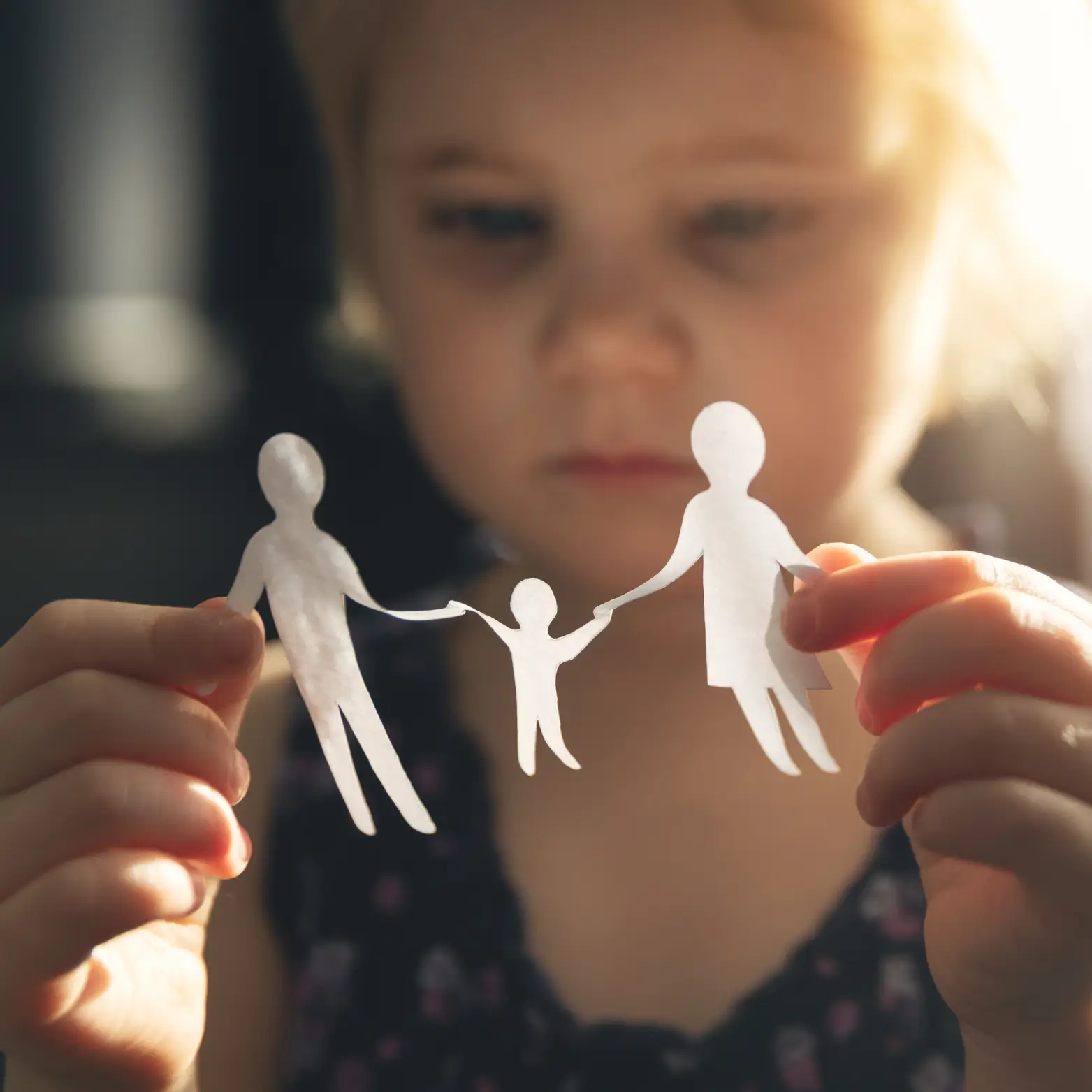Therapy for Narcissistic Abuse & Childhood Trauma

What Is Narcissistic Abuse?
Narcissistic abuse is a form of emotional and psychological manipulation often carried out by someone with narcissistic traits—such as a parent, partner, or authority figure.
Narcissistic abuse can involve gaslighting, blame-shifting, emotional neglect, belittling, guilt-tripping, and cycles of idealization and devaluation. These individuals typically thrive on control, admiration, and power at the expense of others.
Over time, this type of abuse erodes a person’s self-esteem, sense of reality, and ability to trust themselves. Because it’s often subtle and wrapped in manipulation, survivors may struggle to even recognize it as abuse…until they begin to unpack its effects in therapy.
How Narcissistic Abuse and Childhood Trauma Often Go Hand in Hand
Narcissistic abuse and childhood trauma are deeply intertwined because narcissistic parents often are the root of early emotional wounds.
Children raised in these environments learn from an early age that love must be earned, boundaries aren’t respected, and their feelings don’t matter.
As adults, they may unconsciously repeat these ingrained patterns—gravitating toward controlling, critical, or emotionally unavailable partners because it feels familiar. The trauma becomes a blueprint for how they relate to others and themselves.
Therapy helps break this cycle by uncovering those early imprints, healing the original wound, and building new ways of relating that are grounded in self-worth, clarity, and emotional safety.
How Do I Know If I Need Therapy for Narcissistic Abuse & Childhood Trauma?
If you experienced any of the following, therapy could help you process, heal, and move forward:
• Your parents require parenting.
You were the emotional support for your caregivers instead of the other way around. Now, you may feel stuck in a caregiving role, even when it’s hurting you.
• You fear abandonment or rejection—even in stable relationships.
You may overthink texts, feel panicked when someone pulls away, or assume you did something wrong. These are common trauma responses from childhood emotional neglect or instability.
• You struggle to identify your needs or preferences.
When asked what you want or need, you freeze. If you spent childhood managing others’ moods, you likely never learned to tune into your own.
• You have difficulty trusting anyone—even people who’ve done nothing to lose your trust.
Betrayal and manipulation early in life can wire you to always be on guard. Therapy helps you separate past trauma from present reality.
• You attract emotionally unavailable or toxic partners.
You may find yourself drawn to people who are distant, critical, or unpredictable—because it unconsciously mirrors your early relationships.
• You constantly feel like a burden.
Even when people are kind or supportive, you fear you’re “too much” or “asking for too much.” This often stems from a childhood where your needs were ignored or used against you.
• You experience chronic self-doubt.
If you were constantly criticized or never praised growing up, you may internalize a belief that you’re never good enough—no matter what you achieve.
• You overachieve to prove your worth—or sabotage yourself out of fear.
Whether you’re always chasing the next goal or avoiding success altogether, it may stem from a fear that love and acceptance are conditional.
• You have physical symptoms with no clear cause.
Childhood trauma can live in the body. Chronic fatigue, anxiety, stomach issues, muscle tension, and migraines are common in people with unresolved emotional pain.
• You avoid conflict at all costs.
You’ll silence your voice, walk on eggshells, or keep the peace even when you’re being hurt. This comes from a fear that standing up for yourself equals rejection, punishment, or emotional withdrawal.
• You have a hard time believing you’re lovable without “earning it.”
You may feel like you have to be funny, helpful, successful, or attractive to be accepted. Underneath it all, you fear that just being you isn’t enough.
• You feel chronically anxious, guilty, or responsible for others.
You learned to “keep the peace,” take care of others’ feelings, and avoid conflict at all costs. But inside, you feel drained, resentful, or invisible.
• You’re incredibly hard on yourself.
That critical voice in your head? It probably started as a parent’s voice. Whether they were emotionally abusive, perfectionistic, or dismissive, their words shaped your inner dialogue.
• You have trouble setting boundaries—or feel intense guilt when you do.
You were taught that saying “no” was selfish. But boundaries are essential for healing—and therapy can help you build them with strength and clarity.
• You’re still affected by a parent who continues to manipulate or control you.
Even if you’re an adult, narcissistic parents often try to stay enmeshed in your life. Therapy helps you detach from the drama, rebuild your confidence, and create emotional distance where needed.
What We Work On in Therapy for Narcissistic Abuse & Childhood Trauma
At Unstuck Therapy, we help you address the root causes and break free from survival-mode patterns.
Sessions often explore:
Understanding narcissistic abuse and its emotional impact
Reclaiming your sense of self after years of gaslighting or control
Learning how to recognize and escape toxic dynamics
Rebuilding self-trust and inner validation
Developing healthy boundaries and holding them without guilt
Processing grief, rage, and unmet childhood needs
Letting go of perfectionism, people-pleasing, and self-blame
Cultivating safe, secure relationships that feel mutual and supportive
You Don’t Have to Keep Carrying It Alone
No one makes it out of childhood completely unscathed—but if you’re still carrying the emotional weight of what happened (or didn’t happen), you deserve a space to unload it. You don’t have to stay in survival mode. You don’t have to keep proving your worth, fixing broken people, or shrinking yourself to stay safe.
Therapy for narcissistic abuse & childhood trauma is where the healing begins. At Unstuck Therapy, we walk with you as you unlearn old habits that no longer serve you, release the shame, and create new patterns that honor your worth.
Do you need online therapy for Narcissistic Abuse & Childhood Trauma?
Our team of compassionate, judgment-free online therapists is here to help! Call us at 303-860-2716 or send us a message with the contact form below. Our lead clinical psychologist, Dr. Linda Baker, will get in touch to discuss next steps!
Please note that we CANNOT currently accept patients in Alaska, California, Guam, Iowa, Hawaii, Louisiana, Massachusetts, Montana, New Mexico, New York, Oregon, Puerto Rico, and the US Virgin Islands.

